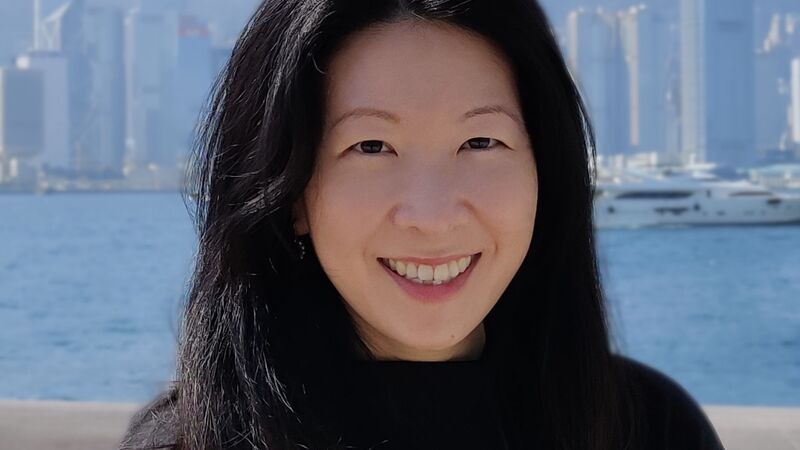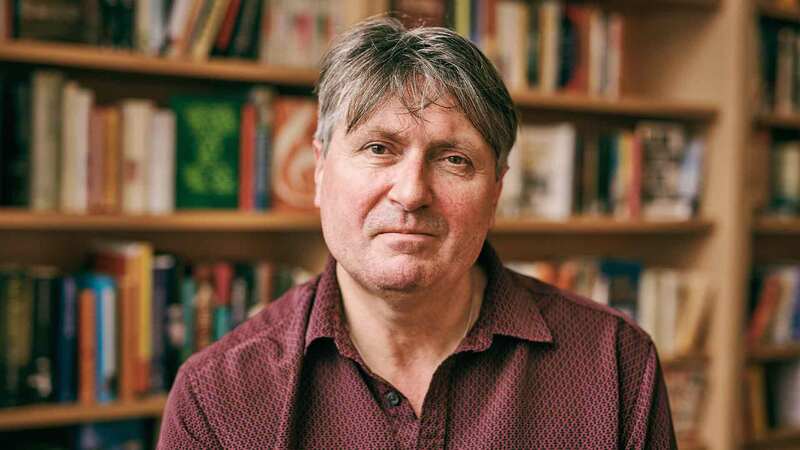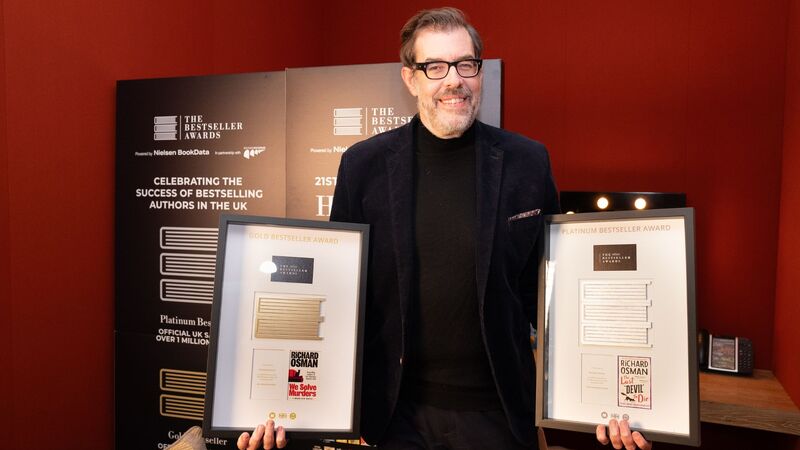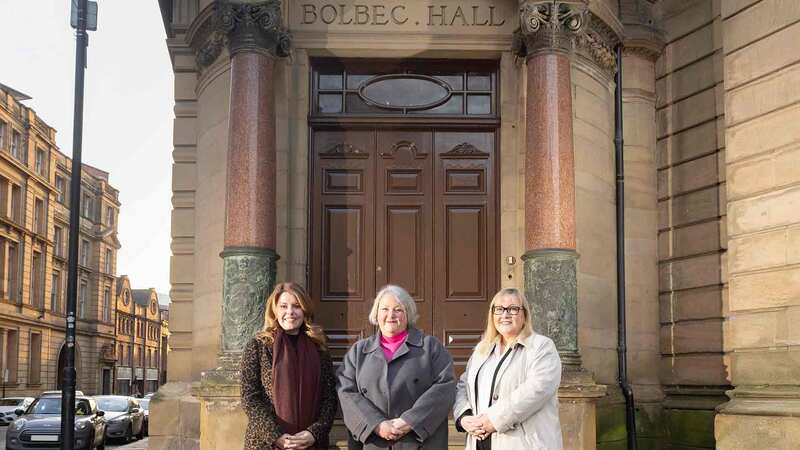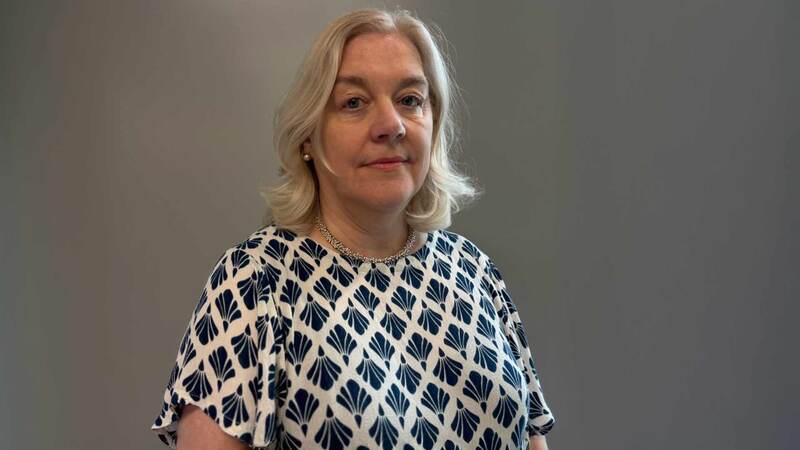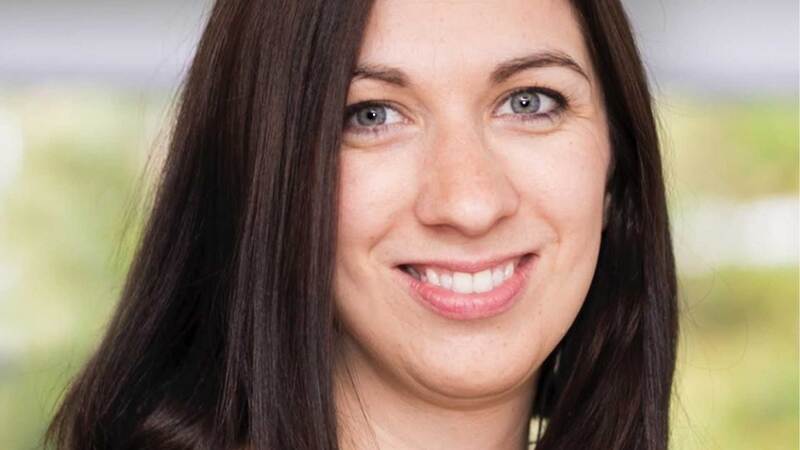You are viewing your 1 free article this month. Login to read more articles.
Blakemore wins £10k Desmond Elliott Prize for 'stunning' debut
A K Blakemore has won the £10,000 Desmond Elliott Prize for her "stunning" historical fiction novel The Manningtree Witches (Granta Books).
Her work, which plunges readers into the fever of 17th-century witch trials, was picked as the best debut of the year across the UK and Ireland to land the prize.
Blakemore will also receive a tailored year-round platform of support and mentorship from the National Centre for Writing (NCW), which runs the Desmond Elliott Prize as part of its Early Career Awards portfolio.
The novel was chosen by a judging panel chaired by author and former winner Lisa McInerney. She was joined by journalist and author Chitra Ramaswamy and book reviewer and broadcaster Simon Savidge.
McInerney said: "The Manningtree Witches is a stunning achievement. Blakemore takes limited historical detail and, with what seems like effortless grace and imagination, crafts a breathing, complex world full of wrenchingly human characters, and tells us their stories in language that bears endless rereading, so clever and unexpected and pleasurable it is."
Blakemore is the author of two full-length collections of poetry: Humbert Summer (Eyewear, 2015) and Fondue (Offord Road Books, 2018), which was awarded the 2019 Ledbury Forte Prize for Best Second Collection. Her poetry and prose writing has been widely published and anthologised, appearing in the London Review of Books, Poetry and Poetry Review, among others.
She saw off competition from a shortlist also featuring Rebecca Watson for Little Scratch (Faber) and The Liar's Dictionary by Eley Williams (William Heinemann). Derek Owusu won the prize last year for That Reminds Me (Merky Books), a semi-autobiographical tale of a British-Ghanaian boy called K.
The Early Career Awards portfolio also includes the University of East Anglia (UEA) New Forms Award for an innovative and daring new voice in fiction and the Laura Kinsella Fellowship which recognises an exceptional writer who has experienced limiting circumstances or is currently underrepresented in literary fiction.
The UEA New Forms Award was judged by writer Yan Ge, with Professor Henry Sutton of UEA and Simon Jones, who produces NCW’s "The Writing Life" podcast. It was awarded to Charlotte Geater, who has a PhD from the University of Kent in creative writing, and whose pamphlet Poems for my FBI Agent was published by Bad Betty Press in 2020.
Ge said: "Charlotte Geater is a writer of extraordinary talent and vigorous creative ambition. Her work looks into personal trauma, local history and the life and work of Byron through the prism of illness. In unfeigned and effortless prose, she enquires intensely and deeply into the pain and exhilaration of being human."
The Laura Kinsella Fellowship was judged by Kerry Hudson and Eva Verde with NCW communications manager Stephanie McKenna. It was awarded to Harminder Kaur. After studying creative writing at UEA as part of her degree in literature and film, and an MA in literature at Sussex, Kaur’s life was interrupted by the onset of schizophrenia while she was studying for a PhD in cultural theory at Hull. She is currently writing a work of literary fiction called Psychotic Episodes, which is made up of a series of linked stories about mental illness, race and faith.
Hudson said: "We felt Harminder’s work showed enormous presence. She’s a writer of power and honesty and the piece both moved and provoked thoughts in equal measure. We can’t wait to see what Harminder will do with this opportunity, and we feel very grateful that we got to read her work."
Geater and Kaur will both receive £4,000 to assist them at the beginning of their careers as well as a programme of support provided by the NCW, backed by Arts Council England.




